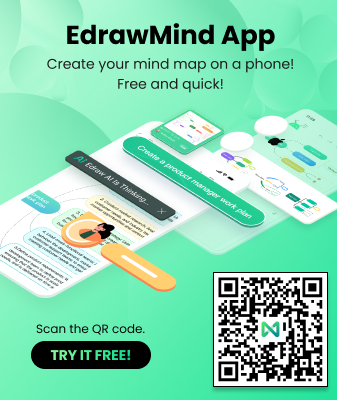7 Science-Backed Ways to Improve Your Creativity
Do you have a hard time thinking of a good subject for your assignment, presentation, or speech? Have you hit an impasse on your organization venture? Regardless of whether you’re an author, teacher, director, or designer, and want to learn how to improve creativity, then this article is for you.
The creative process is significantly important for any beginner. Nothing can be left to possibility or karma. Each aspect of a creative task, from the original idea to its origination and design, requires the most extreme constancy and arrangement to guarantee a fantastic product. Creativity is an aptitude that needs consistent cultivation. It doesn’t tumble from the sky like rain or show up out of nowhere. It resembles the organic product that is prepared for harvest: everything began with an original seed avoided sight that was meticulously watered, supported, and thought about until it brought forth an excellent product, fit to be introduced to the world.
Indeed, even the most straightforward activities expect creativity to see things from an alternate perspective or to make associations between apparently irrelevant ideas. If you ever stall out and can’t think of new ideas, here are seven science-backed approaches to help on how to improve creativity;
1. Exercise your creativity like a muscle.

One surefire approach to support creative reasoning: Try. No, truly! Creativity isn’t made out of an otherworldly pixie part of the mind. It’s utilizing no different apparatuses that go into doing everything else yet applying those instruments in creativity-explicit ways.
Study and surveys show that when individuals attempt to think all the more creatively, they quite often can - and those impacts are both critical and repeatable. A “well-established maxim” in neuroscience that “cells that fire together, wire together.” The idea is that the more you think carefully to accomplish something, the more grounded the associations between the cells included become.
Be that as it may, the way into this is devoting additional time in your day to effectively thinking, which for the most part, implies unplugging from email, online life, and that’s only the tip of the iceberg. That is the best approach on how to improve creativity and to open “the digressive, slow, unsure pieces of ourselves that are critical to our creativity,”
Have a go at actualizing this idea in your ordinary daily practice by abstaining from carrying your telephone to bed or the washroom. It’s additionally a smart thought to kill notice settings for online networking applications and email. Consider committing explicit time in your day to intuition creatively - and remind yourself to do as such before any meeting to generate new ideas.
2. Switch up your environmental factors and surroundings - even insignificantly.
Information bolsters that creativity “pushes” can emerge out of changes as little as a hotter mug of espresso or various hues in the room. Give exchanging a shot a portion of the things around your work area, arranging yourself contrastingly, or doing an upgrade of the release board you sit confronting. Realize that those “pokes” don’t just relate to your physical environmental factors - they’re likewise associated with your social setting.
Make the most of the chances to intermittently work in various areas of the workplace, sit with new colleagues, or welcome individuals from multiple departments to lunch. Even though you probably won’t have a lot of power over your workplace, making any potential changes could mean noteworthy creativity support.
You would need your physical, mental, social, and environmental surroundings and factors to change,” says Robert E. senior examination therapist at the American Institute for Behavioral Research and Technology. “If it’s the standard, worn-out stuff on the dividers and your work area - and similar individuals you’re conversing with - that is not useful for creativity.”
3. Make a Mind Map
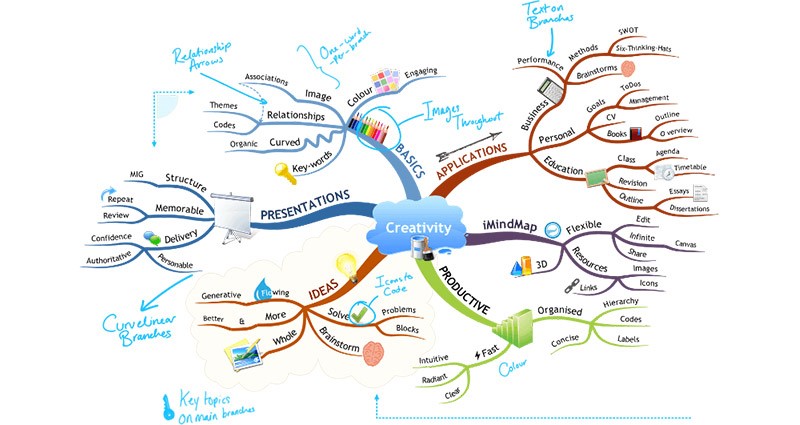
Mind mapping technique is an extraordinary method to improve your creativity and create new ideas and searches for creative responses to questions that also improves the creativity level. Make a mind map by creating a specific central theme, idea, or word. After that, connect those related terms or ideas around the central word by branching them together. While like conceptualizing and imaging, this method takes into account branching ideas and offers an exceptionally visual method of perceiving how these ideas are connected, and it is best to learn on how to improve creativity.
As you begin to build up another project, make a stream outline to follow the presentation of the project through and through. Search for different ways or successions of occasions that may happen. A mind map can assist you with visualizing the final product, eliminate likely issues, and make unique arrangements.
4. Do Something You Love
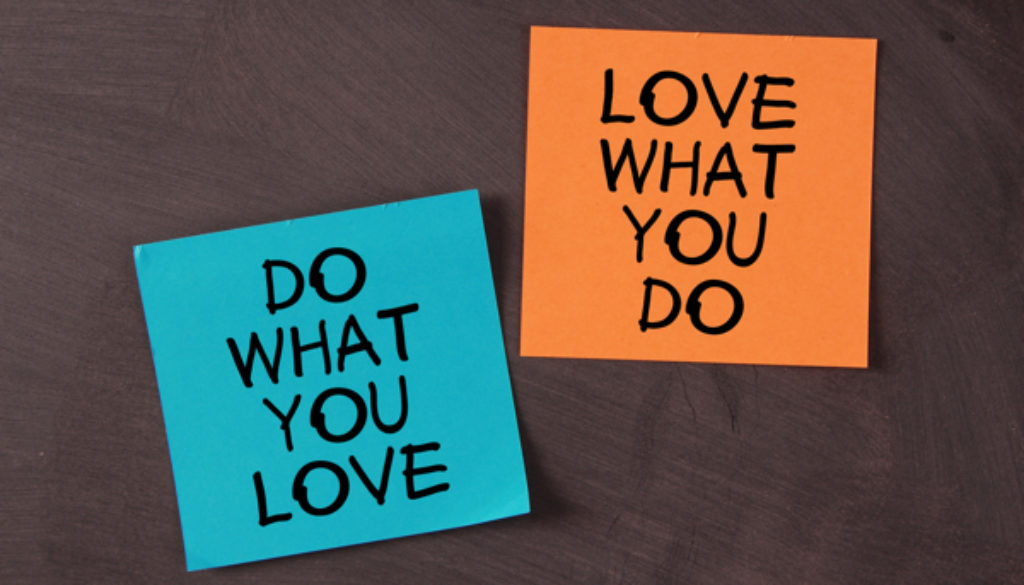
Stuck for creative ideas? Not certain what to do to improve your creativity? Your life needs some symbol of equalization to guarantee your creativity doesn’t end or endure a break.
To improve your creativity is to become familiar with the most things that you are accomplishing. Because something even small can give you immense pleasure that you don’t see that the time passes. Some of the time when you are doing something you love, you get so enveloped with the work you are doing that you even disregard the distractions and even.
Love and creativity are laced and entwined together. One thing stimulates the other. A leisure activity, for example, playing an instrument, drawing, gathering memories, or even running, can assist you with unwinding and battle pressure while giving your creativity a lift.
5. Discover Inspiration from Others
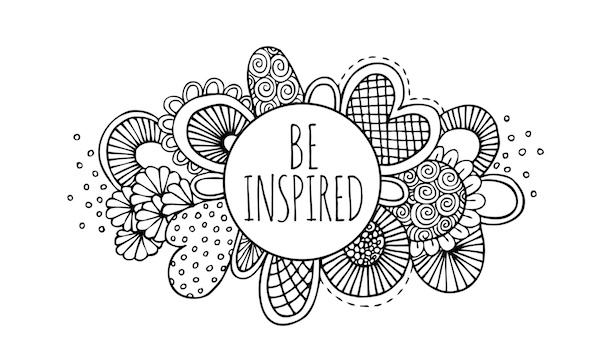
Your next idea won’t originate from replicating what a contender has just done. So search for advancement in various ventures and specialties.
Exploration of what organizations are commanding. Why?
What organizations would you say you are generally faithful to? Why?
How might you move what functioned for organizations outside your industry to your market? Perhaps you can enhance these ideas.
Taking motivation from different enterprises is an extraordinary method to support your creativity.
6. Unplug (Or Do Nothing)
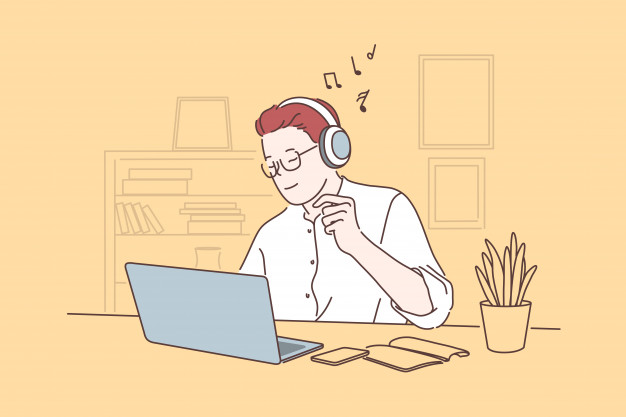
As Alan Cohen once expressed, “There is temperance in work, and there is excellence in rest. Utilize both and neglect, not one or the other.” Some of the time, your best ideas will come when you’re not wracking your cerebrum, attempting to concoct the following good thought.
It could be while you’re dozing. A decent night of rest will assist you with being more productive and creative. It could be while your mind meanders in the shower that you get a good thought.
Possibly your next creative idea will come while you’re driving, working out, climbing, shopping, sitting on a plane, or viewing the dusk.
If your creativity is missing, unplug. Unwind. Also, let your cerebrum do its enchantment.
7. Put it all on the line with what you learn.
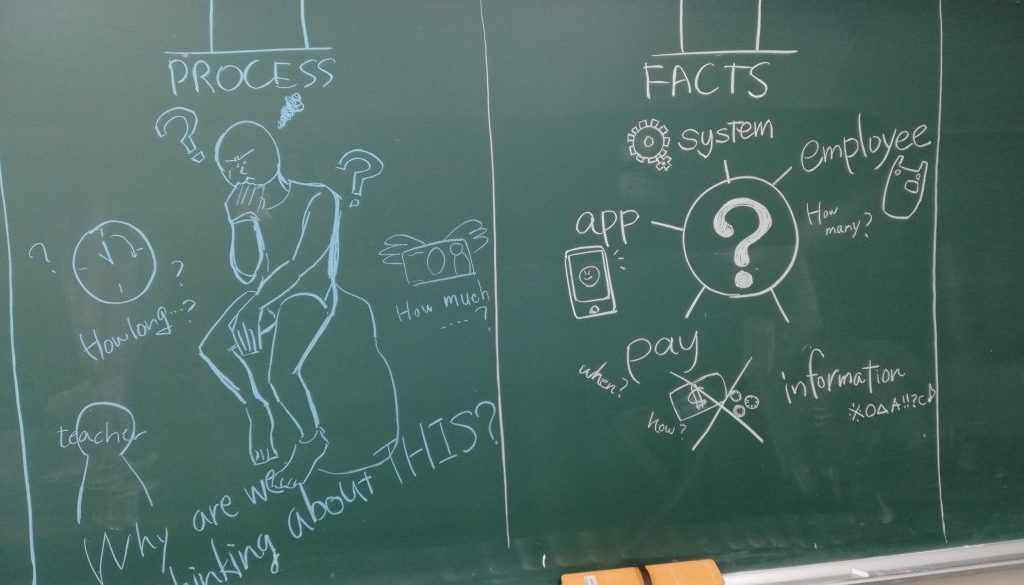
New ideas originate from interconnections among old knowledge and ideas. Numerous people use an exercise called “the expert’s game” to exhibit this strategy to become more creative. In it, a couple of individuals in a gathering with a broad knowledge of a dark point give five-minute talks. At that point, after learning about subjects, for example, how shoes are built or the history of Rolex watches, everybody thinks in the line of these two ideas for new products or administrations.
There’s a decent possibility it won’t be quickly evident how what you’re learning could be helpful later on, however, the bits of knowledge you’re gathering should meet up normally when you’re confronted with a specific test or conceptualizing ideas later on. The all the more fascinating and different the pieces, the more intriguing the interconnections, and the more you would learn to be creative with the knowledge you have.
Conclusion
Creativity needs patience and nutrition. If you don’t continually liberate your mind from the hurrying around of your daily work, odds are you are restraining your creativity as opposed to permitting it to prosper. Creativity isn’t tied in with having the right ideas at the ideal time. It is the capacity to make something from nothing that might be of acceptable use now or later on. The key isn’t to feel crushed when you hit a barricade, but if you do just follow these hacks and you’ll know how to improve creativity.







